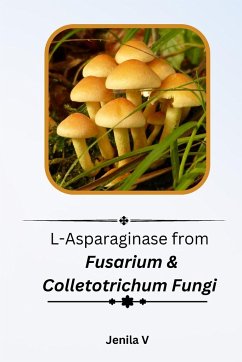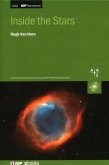L-Asparaginase is an important enzyme used in the treatment of various types of cancers. The enzyme is known for its ability to reduce the levels of asparagine in the blood, which is an essential amino acid required by cancer cells for their growth and survival. Therefore, the depletion of asparagine levels in the blood can significantly inhibit the growth of cancer cells. Recent studies have shown that L-Asparaginase can be produced by various microorganisms, including fungi. Fusarium and Colletotrichum are two types of endophytic fungi that have been identified as potential sources of L-Asparaginase. These fungi are known to produce high levels of L-Asparaginase and can be easily cultured in a laboratory setting. The production of L-Asparaginase from these fungi involves the optimization of various factors such as temperature, pH, and substrate concentration. The characterization of L-Asparaginase from these fungi involves the determination of various properties such as molecular weight, optimum pH, and optimum temperature. The use of L-Asparaginase from Fusarium and Colletotrichum fungi in cancer treatment has shown promising results. The enzyme has been found to be highly effective in reducing asparagine levels in the blood and inhibiting the growth of cancer cells. Moreover, the use of fungal-derived L-Asparaginase has several advantages over other sources, such as bacterial-derived enzymes, including low immunogenicity and high stability. In conclusion, L-Asparaginase from Fusarium and Colletotrichum fungi is a potential alternative to traditional sources of the enzyme. The use of fungal-derived L-Asparaginase in cancer treatment offers several advantages and can significantly improve the efficacy of current cancer therapies. Further studies are needed to optimize the production and characterization of L-Asparaginase from these fungi and to evaluate their potential in clinical settings.







